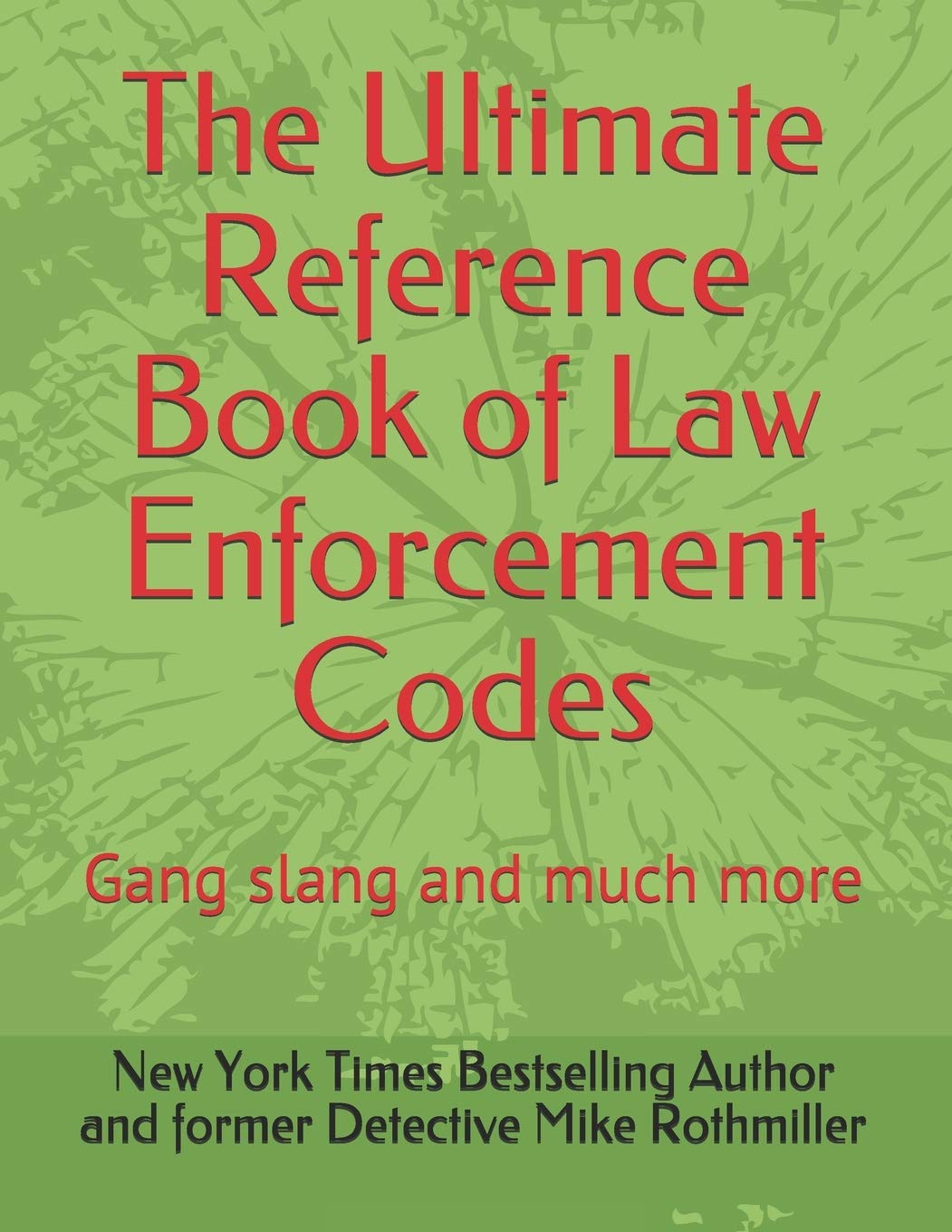Understanding Law Enforcement Slang: A Comprehensive Guide
Law enforcement slang is a vibrant and unique language that provides insight into the culture and operations of police and other law enforcement agencies. This specialized jargon serves as a means of communication among officers and can sometimes create a barrier for outsiders trying to understand the nuances of police work. In this article, we will explore the origins, common terms, and cultural significance of law enforcement slang, ensuring that readers gain a comprehensive understanding of this fascinating aspect of policing.
As we delve deeper into the world of law enforcement slang, we will examine its impact on public perception and the relationship between officers and the communities they serve. By understanding the language used by law enforcement professionals, we can foster better communication and collaboration between the police and the public. Prepare to uncover the hidden meanings behind the terms that are often used in the field.
This article will serve as an extensive resource for those interested in law enforcement, whether you are a student, a professional in the field, or a curious citizen. By the end, you will have a clearer understanding of the slang that shapes police culture and how it influences the work of officers every day.
Table of Contents
- What is Law Enforcement Slang?
- History of Law Enforcement Slang
- Common Law Enforcement Terms
- The Importance of Law Enforcement Slang
- Challenges with Law Enforcement Slang
- Law Enforcement Slang and Communication
- Conclusion
- Sources
What is Law Enforcement Slang?
Law enforcement slang refers to the informal language and jargon used by police officers and other law enforcement personnel. This specialized vocabulary includes abbreviations, acronyms, and terms that may not be easily understood by those outside the profession. Some examples include:
- 10-4: Acknowledgment or understanding.
- Code 3: Emergency response with lights and sirens.
- Suspect: A person believed to be involved in a crime.
These terms serve to streamline communication during high-pressure situations and enhance camaraderie among officers. Understanding this slang is crucial for anyone looking to comprehend the dynamics of law enforcement.
History of Law Enforcement Slang
Law enforcement slang has evolved over time, influenced by various factors such as regional dialects, historical events, and cultural shifts. The origins of many terms can be traced back to specific incidents or popular media representations of police work.
For instance, some terms have military roots, reflecting the historical connection between military and police forces. Others have emerged from pop culture, including movies and television shows that portray law enforcement in various lights.
The evolution of law enforcement slang continues today, with new terms emerging as technology and societal norms change. Understanding this history can provide context for the language used by officers in contemporary settings.
Common Law Enforcement Terms
Here, we will explore some of the most commonly used terms in law enforcement slang:
1. Code Numbers
Code numbers are often used to convey messages quickly and efficiently. Some common code numbers include:
- 10-1: Unable to copy.
- 10-9: Repeat.
- 10-20: Location.
2. Acronyms
Acronyms are prevalent in law enforcement slang, providing shorthand for longer phrases. Examples include:
- SWAT: Special Weapons and Tactics.
- FTO: Field Training Officer.
- CSI: Crime Scene Investigation.
3. Informal Terminology
Informal terminology often reflects the unique experiences of officers. Some examples are:
- Badge: Refers to an officer's identification.
- Cop: A colloquial term for a police officer.
- Perp: Short for perpetrator.
The Importance of Law Enforcement Slang
Understanding law enforcement slang is essential for several reasons:
- Effective Communication: Slang enables officers to communicate quickly and efficiently, which is crucial in emergency situations.
- Camaraderie: Shared language fosters a sense of belonging and unity among officers.
- Public Perception: Awareness of slang can help bridge the gap between law enforcement and the communities they serve.
Challenges with Law Enforcement Slang
While law enforcement slang can enhance communication, it can also create challenges:
- Miscommunication: Outsiders may misinterpret slang, leading to confusion.
- Exclusivity: Jargon can create barriers between officers and the communities they serve.
- Negative Perception: Certain terms may carry negative connotations that can impact public trust.
Law Enforcement Slang and Communication
The relationship between law enforcement slang and communication is complex. On one hand, slang facilitates rapid information exchange among officers. On the other hand, it can hinder understanding with the public. Building effective communication strategies that incorporate plain language alongside slang can enhance transparency and trust between law enforcement and the communities they serve.
Conclusion
In conclusion, understanding law enforcement slang is crucial for gaining insight into the culture and operations of police work. By familiarizing ourselves with the terms and their meanings, we can foster better communication and collaboration between officers and the public. We invite you to share your thoughts and experiences related to law enforcement slang in the comments below.
Sources
1. "The Language of Law Enforcement: A Study of Police Jargon" - Journal of Criminal Justice
2. "Police Slang: A Historical Perspective" - Law Enforcement Quarterly
3. "Understanding Police Culture: Language and Communication" - Police Studies Journal
Stylish And Functional: The Ultimate Guide To Ankara Jacket For Ladies
Understanding The Term "Baby Mama" In Spanish Culture
Exploring George Strait's Nickname: The King Of Country


